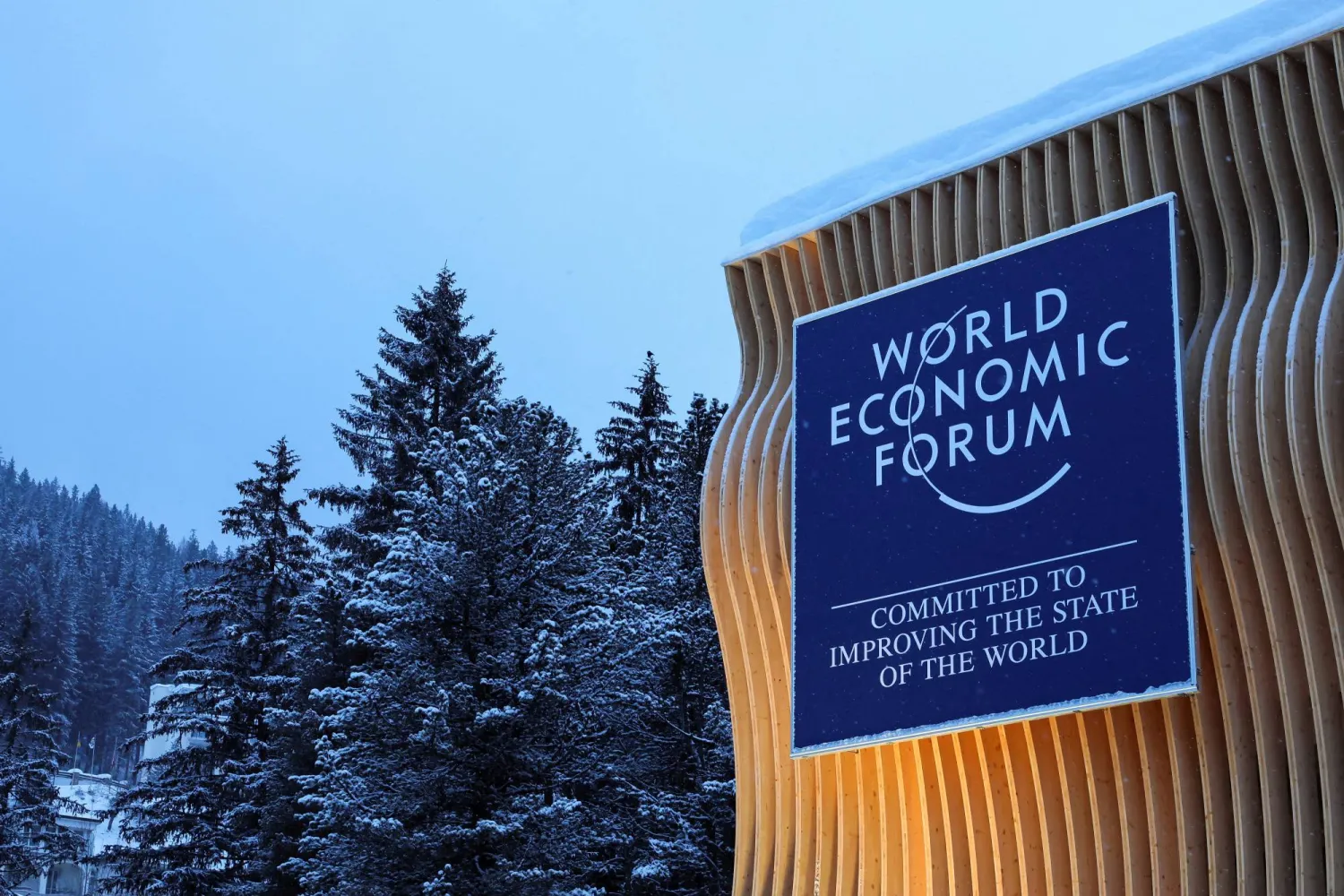The World Economic Forum 2025 will hold its annual conference in Davos, Switzerland, from January 20 to 24.
Notably, Saudi Arabia will send a high-level delegation, led by Prince Faisal bin Farhan, Minister of Foreign Affairs.
The Saudi delegation, headed by the Minister of Foreign Affairs, includes Dr. Majid Al-Qasabi, Minister of Commerce; Ahmed Al-Khateeb, Minister of Tourism, Adel Al-Jubeir, Minister of State for Foreign Affairs, Cabinet Member and Climate Affairs Envoy; Eng. Khalid Al-Falih, Minister of Investment, Mohammed Al-Jadaan, Minister of Finance, Eng. Abdullah Al-Swaha, Minister of Communications and Information Technology, Bandar Al-Khorayef, Minister of Industry and Mineral Resources, and Faisal Al-Ibrahim, Minister of Economy and Planning.
Addressing Global Challenges
This year’s summit is themed “Collaboration for the Intelligent Age.” It takes place at a time when the globe is facing an upsurge in humanitarian, climatic, economic, and geopolitical issues. Also, the event brings together international leaders to discuss the most notable answers to global concerns, as well as how to manage a fair and complete energy transition.
The Saudi delegation hopes to collaborate with the international community under the theme “Working for a Prosperous Future for the World” through this participation. They hope to share best practices to promote global economic growth, discuss creative solutions to these problems, and examine the Kingdom’s achievements in various fields. 
The World Economic Forum will draw attention to Saudi Arabia’s role in fostering global discourse using successful diplomacy that aims to establish points of agreement. Moreover, it will focus on the Kingdom’s contributions to the shift to clean energy levels that facilitate sustainable transformations and its pragmatic, realistic, and equitable approach to reaching ambitious climate targets.
Besides, the Kingdom’s Ministry of Economy is in charge of Saudi Arabia’s ties with it as a calculated move to bolster the nation’s standing internationally and fulfil Vision 2030’s objectives.
Heads of state, prominent academics and think tank leaders, and representatives from the commercial sector, government, and civil society are all present at the event.
Participants include many young change leaders, 1,000 senior representatives from academia, civil society, and the commercial sector, and representatives from about 100 countries and significant international organisations.
In the framework of international cooperation and collaborative efforts between governments and various institutions, the meeting aims to improve collaboration between the public and private sectors to examine prospects and evaluate advancements and solutions in a range of economic and development domains.
Saudi Economic Transformations
The forum’s goals are to investigate methods by which various groups might work together to better the state of the world, face the growing difficulties of the future, and bring about stability.
There will be a significant session titled “Economic Transformations in Saudi Arabia,” per the forum program, which covers 100 subjects between conversation sessions and live debates.
Dr. Mohammed Al-Jadaan, Minister of Finance; Kristalina Georgieva, Managing Director of the International Monetary Fund; and Dr. Faisal Al-Ibrahim, Minister of Economy and Planning, will attend the meeting.
Remarkably, non-oil activities in Saudi Arabia accounted for 50% of the Kingdom’s GDP in 2023 for the first time as a result of the Kingdom’s increased investments in diversifying its economy through the development of infrastructure, workforce adoption, and growing sectors and technology.
Furthermore, the conference discusses many urgent global concerns, including the geopolitical disputes in the Middle East, particularly the humanitarian situation in Gaza, the rebuilding in Syria, and the geopolitical issues that are dominating the world stage.
Read more: AlUla Conference for Emerging Market Economies’ Main Features
Strategies for Recovery and Sustainable Growth
Along with discussing creative ways to address climate change and drastic environmental changes worldwide, the forum’s primary themes also include the significance of collaboration between the public and private sectors, as well as international cooperation in tackling global challenges, particularly geopolitics and preventing future epidemics.
Additionally, it will cover cybersecurity, growing risks, and ways that big countries like the US and China may work together to lessen such concerns, particularly given that cybercrimes are predicted to cost almost two trillion dollars this year.
The World Economic Forum will also address global economic crises, how to boost global economic growth, and how to manage the world’s debt, which has risen to its highest level since World War II. In addition, it will explore ways to boost productivity with artificial intelligence and contemporary technologies and achieve comprehensive growth.
Ultimately, the impact of technology on global economies will be one of the main topics of the annual meeting. Specifically, the focus will be on how to use artificial intelligence to address social and economic issues and increase production efficiency, as well as how to regulate its use in a way that is “ethical” and consistent with humanitarian principles.
Read more: UNCTAD World Investment Forum to Mobilise Investments for Climate, Energy, Health & Food